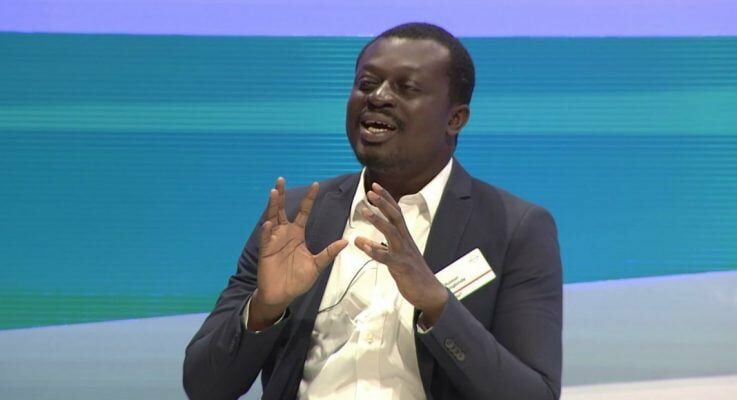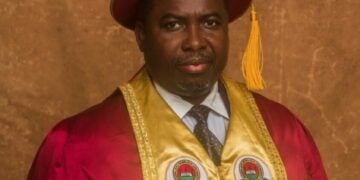Co-founder of BudgIT Foundation, Seun Onigbinde, has faulted the fiscal management approach of the current administration, saying Nigeria no longer operates with a defined budget cycle, a situation he described as a “gross disconnect” and a sign of “fiscal unseriousness.”
Speaking on Politics Today on Channels Television on Wednesday, Onigbinde said the government’s failure to adhere to a consistent budget calendar has created confusion around budget implementation and hindered effective national planning.
According to him, the 2023 and 2023 supplementary budgets were both extended into 2024, while the 2025 budget capital component only began implementation in October, months after the President signed it in March.
“We do not even understand the number of projects being implemented currently by the current government,” Onigbinde said.
“The 2023 and supplementary budgets were extended to 2024, and now we’re seeing the 2025 budget capital component just kicking off in October. That shows a gross disconnect and a challenge in the fiscal structure of the federal government.”
He noted that the government has failed to release any budget implementation reports for the first and second quarters of 2025, making it difficult to track spending or measure performance.
“As of now, this is November 12, 2025 — we do not have the draft MTEF documents, we do not have the proposed budget, talk less of the 2026 budget,” Onigbinde lamented. “Evidently, it shows that we are highly unserious about the fiscal progress of this country.”
The BudgIT co-founder criticised the lack of coordination among the Budget Office, the Ministry of Finance, and the Ministry of Budget and National Planning, blaming it for the breakdown in Nigeria’s fiscal discipline.
He contrasted the current situation with the administration of former President Muhammadu Buhari, which he credited for introducing a structured budget framework that ensured budgets began on January 1 and ended by December 31 each year.
“We have to give a little bit of kudos to former President Muhammadu Buhari, who instituted a framework that made sure the budget cycle ran from January to December,” he said.
“This current government has broken that covenant. What we have now is that there seems to be no calendar to the national budget, which is really, really unfortunate.”
Onigbinde also warned that the persistent delay and poor execution of capital projects were eroding public trust and weakening national development efforts.
“The lopsided budget implementation we are witnessing now does not support national development in any way,” he stressed. “Not everything in the budget needs to be funded; many items are extensions of personal interests. The President must show leadership, enforce coordination, and prioritise only projects that align with national interest.”
Speaking on the need to prepare for the 2026 budget when the 2025 budget has barely commenced capital implementation, Onigbinde said, “even if you start the 2025 capital budget late, the recurrent side has been running since January — salaries will not wait, overheads will not wait, statutory transfers and other consolidated expenses will not wait. It is always the capital expenditure component that suffers.”





